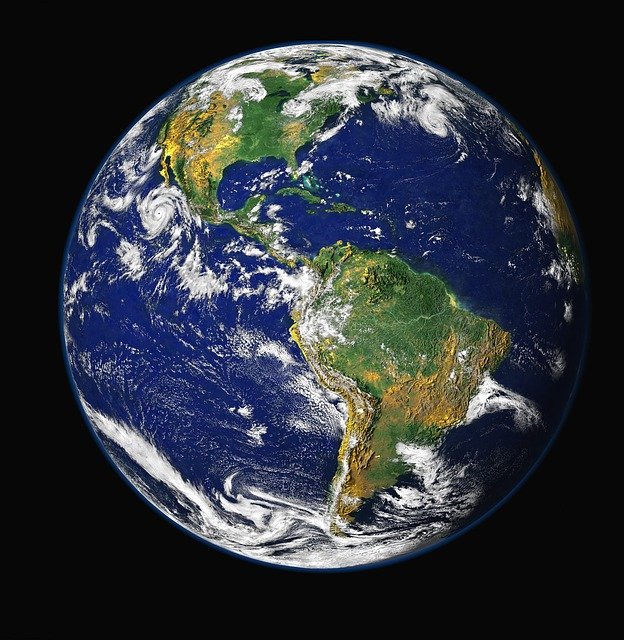Deforestation has many harmful effects on our environment, yet more forests get cut down every year. Earth needs forests for clean air, fresh water, and reduction of carbon monoxide, and they serve as habitats for animals. 
The Union of Concerned Scientists keeps raising concerns about how fast forests are disappearing on the planet as each year, forests the size of Switzerland are cleared for wood or infrastructure.
So, what is deforestation? How does it affect our environment?
What is Deforestation?
Deforestation is removing large tracts of land from the earth’s surface by either cutting trees down or burning a forest down. Deforestation happens for timber, farming, or cattle ranching purposes. Humans continue destroying forests, raising concerns that the situation is reaching a breaking point.
Harmful Effects of Deforestation
Forests play a critical role in keeping the planet habitable for plants, animals, and humans. Here are the top five harmful effects of deforestation on our environment.
Food Insecurity and Famine
To feed city dwellers, companies remove forests to create room for farming livestock, soybeans, and palm oil. The removal of forests removes natural food sources that local communities harvest from forests. Also, the removal of forests leads to infertile soils that can’t be productive for many years. To summarize, corporations deforest land full of biodiversity to do farming for a few years and make profits.
Greenhouse Effect Gasses
Trees absorb carbon dioxide emitted by humans and other sources through a process known as carbon sequestration. Tropical forests balance the carbon dioxide from human activities and keep the air clean.
Additionally, human activities in deforested areas increase greenhouse gas emissions. Mass farming activities create greenhouse gases like methane that lead to global warming.
Loss of Habitat and Biodiversity
Many wildlife species depend on forests for habitats, and the forest provides food for wildlife. Tropical forests have the most biodiversity of wildlife and plant species on earth. Biodiversity is helpful in the ecosystem, and forests are a good source of medicinal plants.
Deforestation reduces the biodiversity of species on earth and sometimes leads to the extinction of many species. Moreover, clearing forests destroys the habitats of wildlife and forces animals to move toward areas with humans in search of food and new habitats.
Acidic Ocean Waters
Oceans act as carbon sinks, and they take on any excess carbon dioxide the forests can’t sequester. Deforestation has led to increased acidity in oceans because they are working overtime to remove excess carbon dioxide in the atmosphere.
The acidity levels are getting high to the point that they can dissolve the shells of organisms that act as food sources for bigger fish. If deforestation continues, it will destroy the aqua life ecosystem forever.
Soil Waste and Erosion
Forests help in the prevention of soil erosion and flooding. Trees keep soils in place when it rains, but tree removal on a large scale, the fertile topsoil is carried away by water when it rains. Also, trees prevent floods because they absorb excess water in an area. Severe cases of soil erosion after deforestation in an area can make it susceptible to floods.
Stop Deforestation Today
Deforestation is the cause of some artificial catastrophes like hunger and flooding. It must stop by whatever means possible. For the future of our planet, you can play your part and plant a tree or donate to an organization that fights deforestation.
Related Posts:
- Top Tips On How To Reduce Your Carbon Footprint And Save The Planet
- 5 Simple Earth Day Activities to Try Starting Today
- 9 Ways to Be Fabulous and Environmentally Conscious at the Same Time
- 5 Things You Can Do to Help the Environment
- Turn Trash into Cash: Household Items You Can Recycle for Money
- How to Start Recycling (At Home)